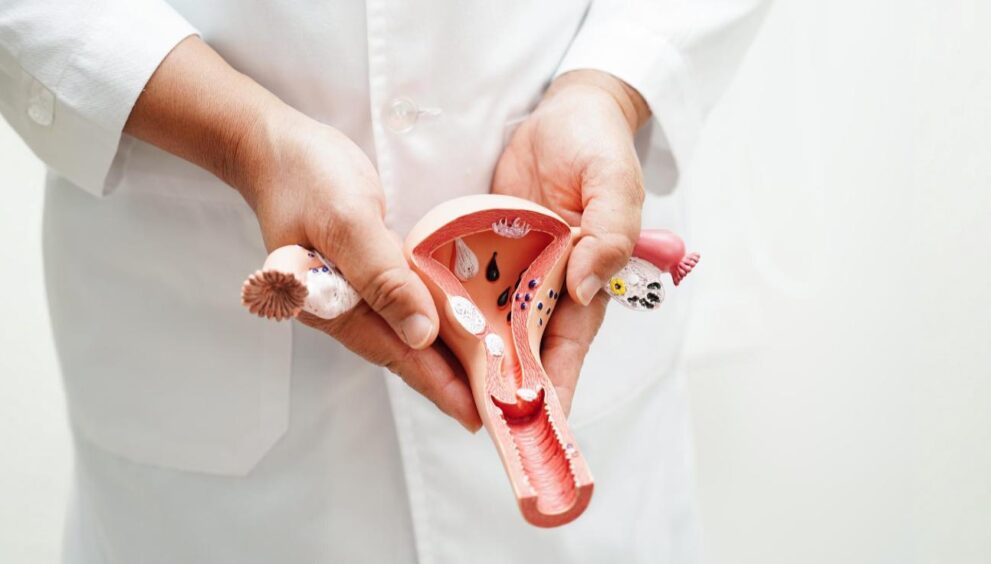New blood test may predict cervical cancer relapse
Researchers at AIIMS have developed a blood test that tracks how well cervical cancer treatment is working
Author
Author
- admin / 9 months

- 0
- 3 min read

Author
New Delhi: Researchers at the All-India Institute of Medical Sciences (AIIMS), Delhi, have developed a simple blood test that can tell whether a patient’s cervical cancer is responding to treatment or not.
The study, led by Dr. Mayank Singh, who is an associate professor of medical oncology at AIIMS, discovered that small pieces of HPV (human papillomavirus) DNA are present in the blood of people with cervical cancer. The amount of this DNA in the blood is directly related to the size of the tumor. In other words, the bigger the tumor, the more HPV DNA is found in the blood.
In a cohort of 60 untreated cervical cancer patients, the average concentration of circulating viral DNA was significantly higher than what was found in 10 healthy women. Remarkably, after three months of treatment, the levels dropped, indicating a positive response to therapy.
Game-changer in tackling cervical cancer
The study could be a game changer in how India tackles cervical cancer, which is the second most common cancer among Indian women.
As per the World Health Organization’s (WHO) Global Cancer Observatory data, India reported over 77,000 deaths by cervical cancer. The overall survival rate for cervical cancer is 46%, the study says.

In a phone interview, Dr Singh told First Check that this test is a big improvement over current methods, which rely on routine check-ups and expensive scans like CTs only when patients show symptoms or relapses.
“There are no specific tests right now to see how well treatment is working for cervical cancer patients. The new blood test, using a technique called droplet digital PCR, is simpler, cheaper, and faster, reducing the need for hospital visits and scans. It can also predict relapses earlier by detecting spikes in HPV DNA, allowing for timely interventions,” he said.
On current methods of assessing treatment progress, Dr Singh said: “There are no monoclonal-based assays to test, which actually tell what exactly is happening with the patient, except for until there’s some sort of relapse and the patient complains about it.”
He noted that while the initial study involved 60 patients (with 35 followed up), larger studies are needed to validate the test for widespread use.
The blood test employs a highly sensitive molecular technique called droplet digital PCR (ddPCR) to detect trace amounts of HPV16 and HPV18 DNA, the two most common high-risk strains. If validated in larger studies, it could also serve as an initial diagnostic tool and early detection method, crucial in India, where 90% of patients are diagnosed at advanced stages, lowering survival rates to around 46%, the study says.
Currently, cervical cancer screening relies heavily on Pap smears, which examine cervical cells under a microscope, and visual inspection with acetic acid, a method used in resource-limited settings. For definitive diagnosis and staging of the cancer, patients have to undergo biopsies. The AIIMS blood test could complement these methods, making monitoring more efficient and accessible.
Also read: Cervical Cancer Vaccine: India’s New Government Initiative










